Chinese prefer milk tea to coffee is related to caffeine content! Milk tea is more popular.
China as a traditional tea country, compared with coffee, more people still prefer tea-related drinks. For example, milk tea has become one of the favorite light caffeine drinks for contemporary young people, whether it is the "stem" of Jay Chou drinking milk tea, or the very well-known serenity drinking self-made "Cordyceps Milk Tea" in the recently popular variety show "my Sister through the Wind and waves", the figure of milk tea has been with us all the time.
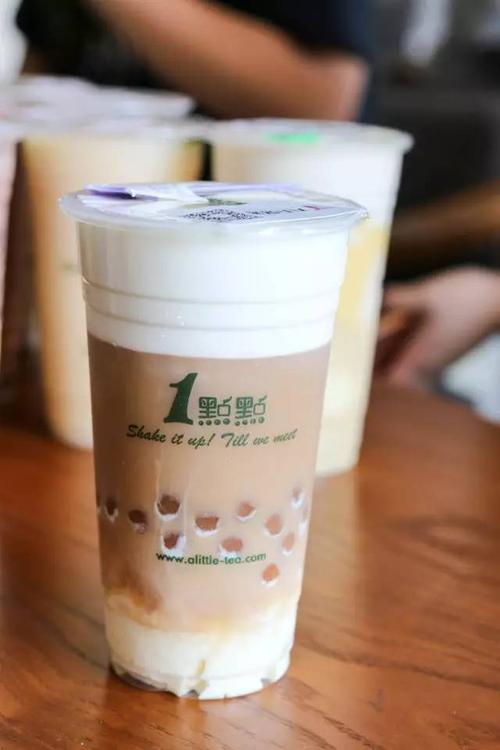
Both coffee and milk tea are high in caffeine, but milk tea is more popular with young consumers. Milk tea has become a good medicine for contemporary young people, such as shopping for milk tea, ordering take-out milk tea at home, and drinking milk tea when working overtime. Milk tea with high sugar content can be found everywhere in daily life.
Many drinks on the market contain caffeine, such as milk tea, because the tea used to make milk tea contains caffeine, such as Coca-Cola, coffee and other drinks contain a lot of caffeine. Since both coffee and tea contain a lot of caffeine, why do Chinese prefer milk tea to coffee?
On the one hand, people's preference for milk tea is related to the level of caffeine. Drinks such as green tea, milk tea and cola, which are the most popular among consumers, contain less than 50 milligrams of caffeine per 150 milliliters, which belongs to low-concentration caffeine drinks. Weak caffeine drinks such as Frappuccino and milk coffee will be more popular than black coffee. According to the data, the caffeine content of coffee is much higher than that of light coffee drinks such as milk tea. These figures show that most Chinese prefer light coffee drinks and are in the low-caffeinated range.
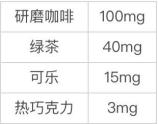
According to an article by the Elephant Association, according to a study on the metabolic data of more than 10,000 Chinese in 2020, there are slightly fewer Chinese born with high caffeine metabolism than other races, while more Chinese have low and medium metabolic capacity.
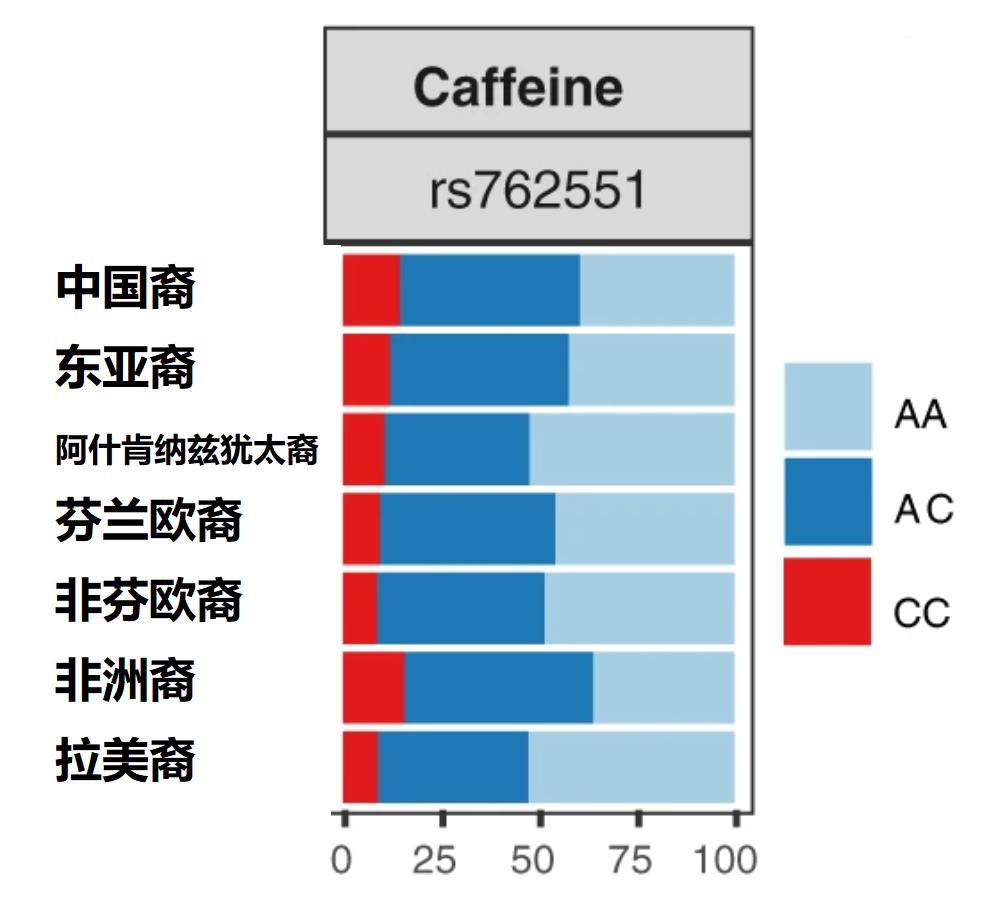
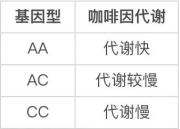
The genotype of CYP1A2 rs762551 affects a person's caffeine metabolism
However, according to a 2014 Harvard study, the influence of these genetic factors on coffee consumption is only about 7%. Part of the reason why Chinese people drink less coffee is due to China's tea drinking habits and professional habits. Among them, the most popular tea is green tea, and the caffeine concentration of green tea is relatively low in many tea categories. The caffeine content of cooked Pu'er and black tea is relatively high, but the corresponding consumption is also relatively low.
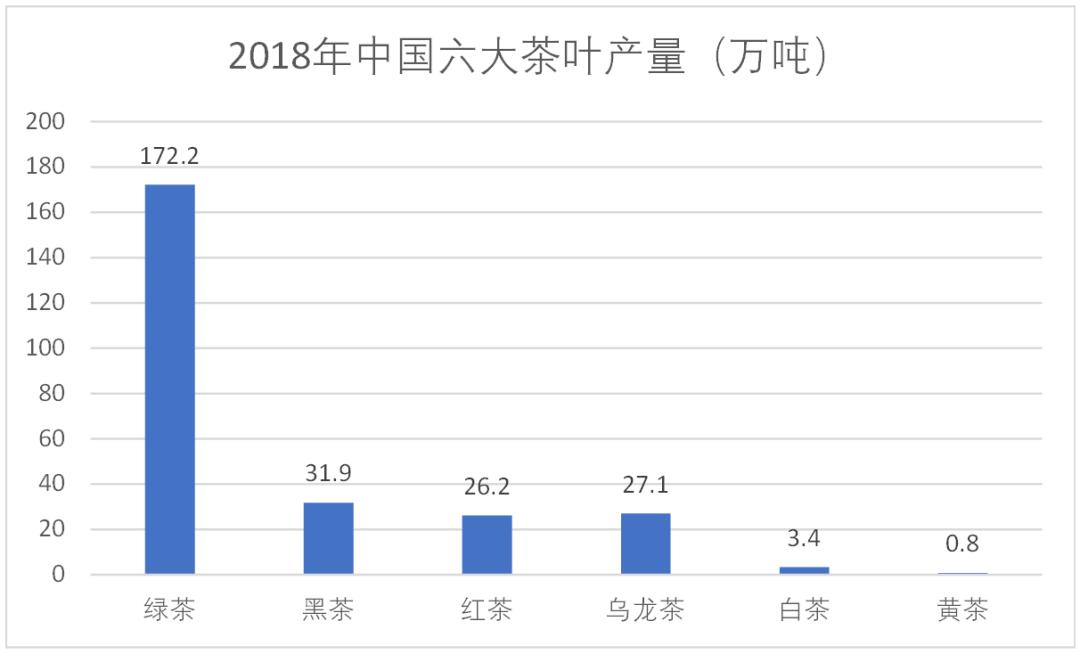
Source: China Tea Circulation Association
In addition, there is less caffeine in green tea, and Chinese people do not drink tea at one time, but repeatedly brew tea, so caffeine will become weaker and weaker. Accustomed to low-caffeinated green tea, when drinking strong caffeine in coffee, most people will not be used to it.
Also, Chinese people do not like coffee very much, on the one hand, it has something to do with Chinese careers. According to the survey report on coffee social consumption of Chinese workers released recently, tea (36%) and coffee (34%) keep pace with each other, making it the most popular drink in workplace sociality. the main reason is that 70% of workers drink coffee mainly because coffee has a refreshing effect, according to the Elephant Association, because the caffeine in coffee plays a refreshing effect. Caffeine is refreshing because adenosine in the brain causes fatigue and drowsiness, and caffeine blocks the effects of adenosine.
Most of them are engaged in heavy occupations such as agriculture, manufacturing, catering and transportation services, and they need milk tea, cola, and drinks with high sugar content more than refreshing substances such as espresso. Because they are more engaged in heavy manual labor and rely more on sugar to provide pleasure to provide stimulation, but long-term reliance on high-sugar drinks will do more harm to the body. In general, higher income earners have caffeine, while lower income earners rely on analgesics such as sugar.
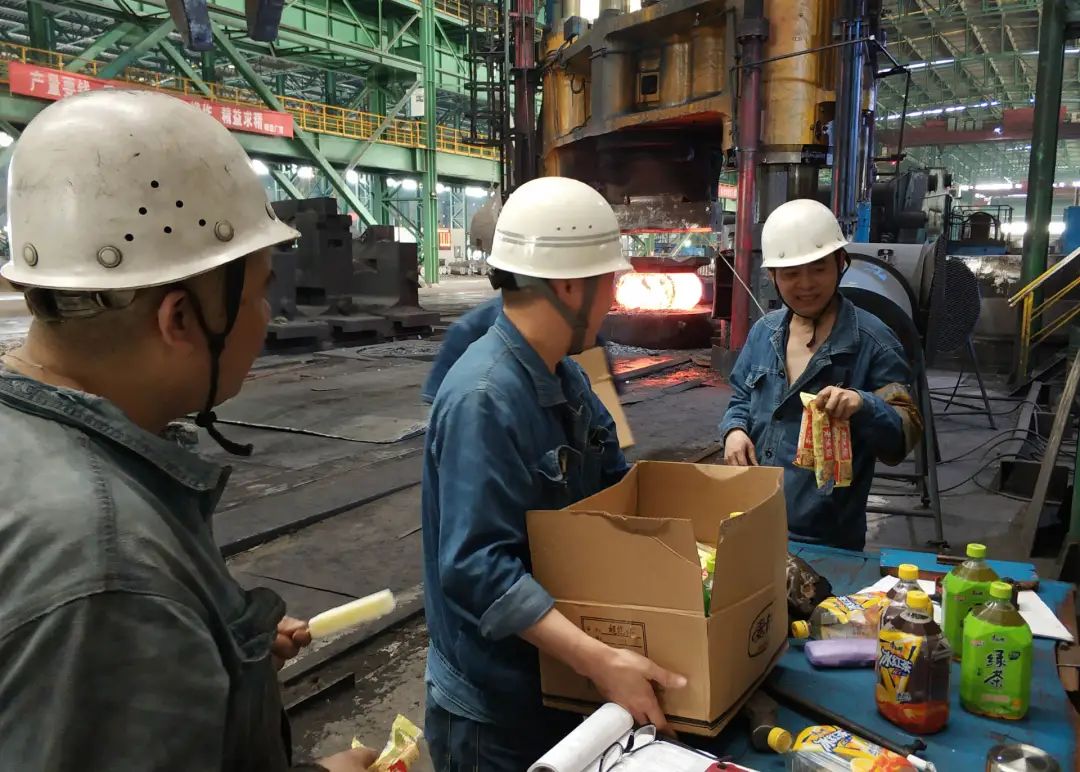
In 2020, Jiangyou Company of Panzhihua Iron and Steel Group delivered drinks to the forged steel workshop.
In addition, although coffee can be refreshing, consuming too much caffeine will lead to anxiety, insomnia, tachycardia and other adverse consequences. According to the U.S. Food and Drug Administration, each person can eat only 400mg of caffeine a day, about four or five cups of 237mL coffee.
* Image source: Internet
Important Notice :
前街咖啡 FrontStreet Coffee has moved to new addredd:
FrontStreet Coffee Address: 315,Donghua East Road,GuangZhou
Tel:020 38364473
- Prev
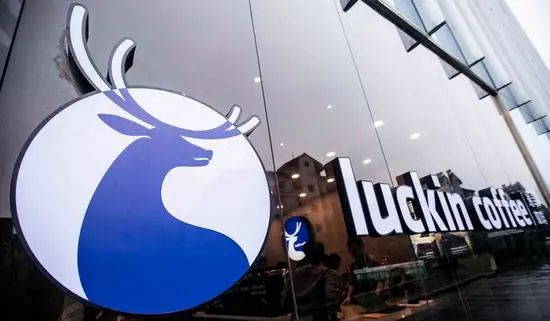
The Major event of Luckin Coffee Luckin Coffee established Hainan Science and Technology Company
Luckin Coffee has a new company! This time in Hainan, the legal representative selected Guo Jinyi. According to the APP, Luckin Coffee Technology (Hainan) Co., Ltd. was established on January 28, with co-founder Guo Jinyi as its legal representative and registered capital of RMB 10 million. Its business scope includes: Internet sales of food; alcohol management; health food sales; sanitary products.
- Next

Coffee shop is charged for taking pictures! Is there a charge for taking pictures without spending money in the cafe?
Recently, a new online celebrity cafe in Hangzhou has attracted many people to take photos because of its unique decoration style. In order to dissuade photographers, the store posted an online announcement of "photo fees". The news then sparked a hot search on the Internet. Why publish the announcement of "Photo charge"? The shop owner responded: make an announcement that the cafe stipulates that you need to buy a ticket for taking pictures, 50 yuan a day.
Related
- Can lightly roasted coffee beans be used to extract espresso? How finely should you grind high-quality coffee beans to make Italian latte?
- What is the difference between the world's top rose summer coffee and Yejia Shefi? What are the flavor characteristics of Yega Shefi coffee and Panama rose summer?
- The ceremony is full! Starbucks starts to cut the ribbon at a complimentary coffee station?!
- A whole Michelin meal?! Lucky launches the new "Small Butter Apple Crispy Latte"
- Three tips for adjusting espresso on rainy days! Quickly find the right water temperature, powder, and grinding ratio for espresso!
- How much hot water does it take to brew hanging ear coffee? How does it taste best? Can hot water from the water dispenser be used to make ear drip coffee?
- What grade does Jamaica Blue Mountain No. 1 coffee belong to and how to drink it better? What is the highest grade of Blue Mountain coffee for coffee aristocrats?
- What are the flavor characteristics of the world-famous coffee Blue Mountain No. 1 Golden Mantelin? What are the characteristics of deep-roasted bitter coffee?
- Can I make coffee a second time in an Italian hand-brewed mocha pot? Why can't coffee be brewed several times like tea leaves?
- Hand-brewed coffee flows with a knife and a tornado. How to brew it? What is the proportion of grinding water and water temperature divided into?

